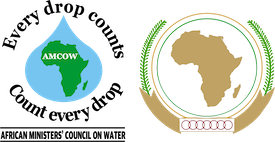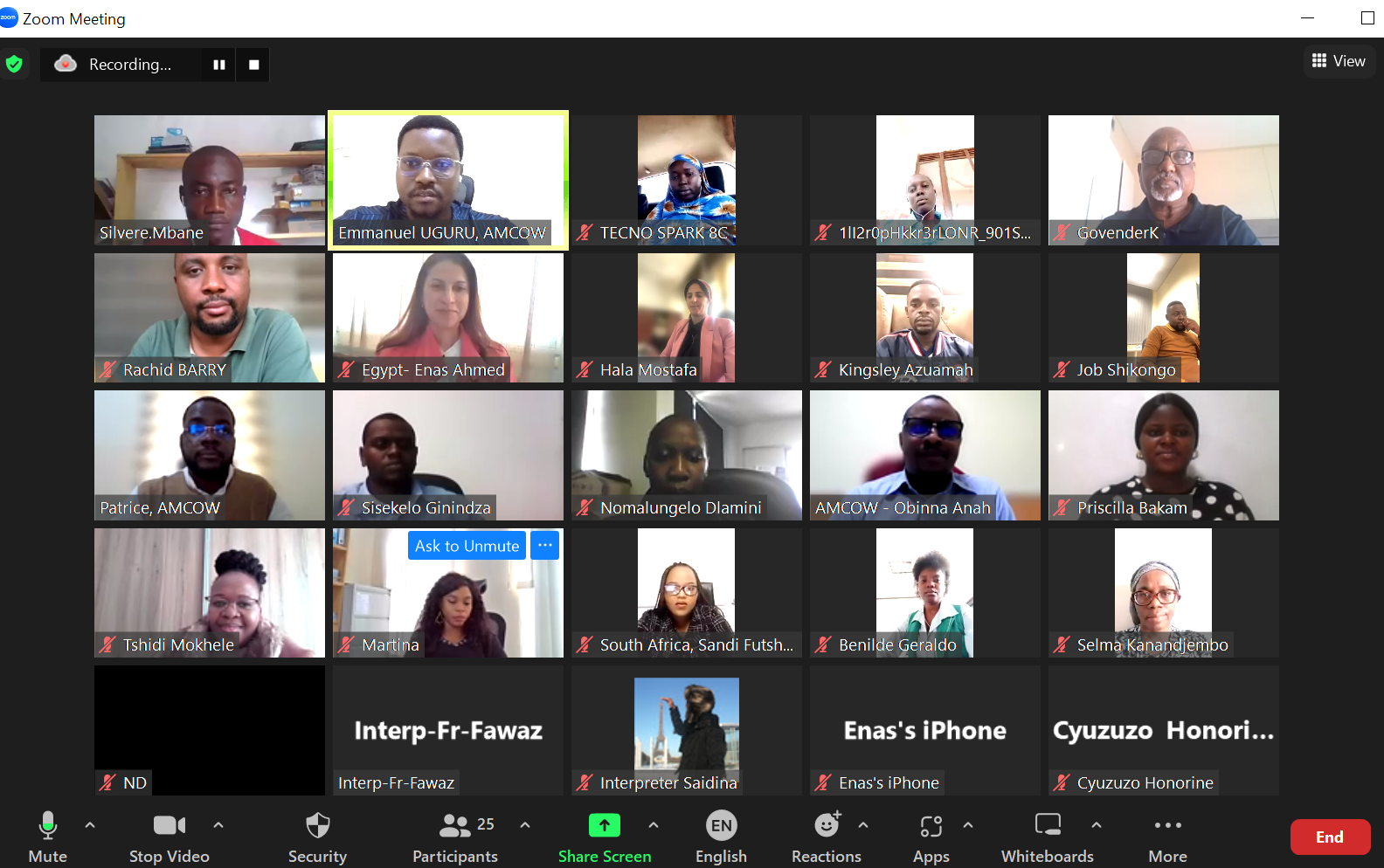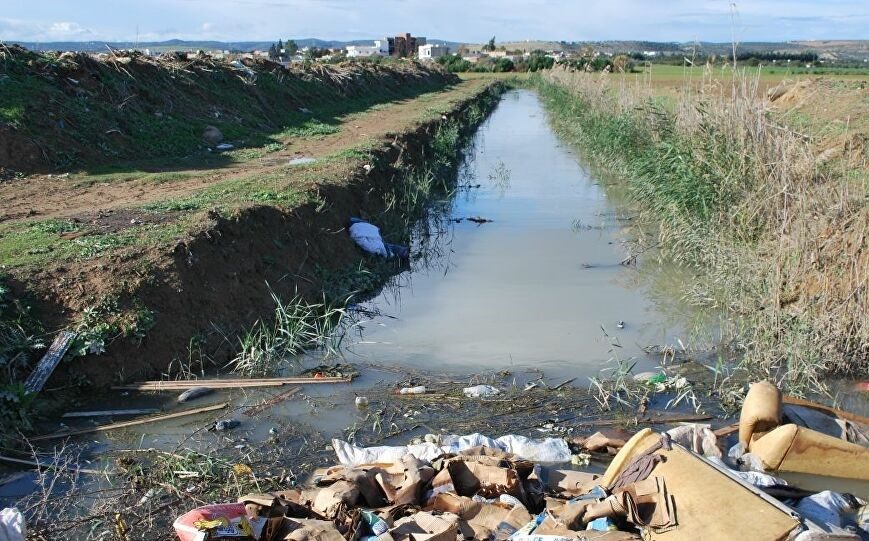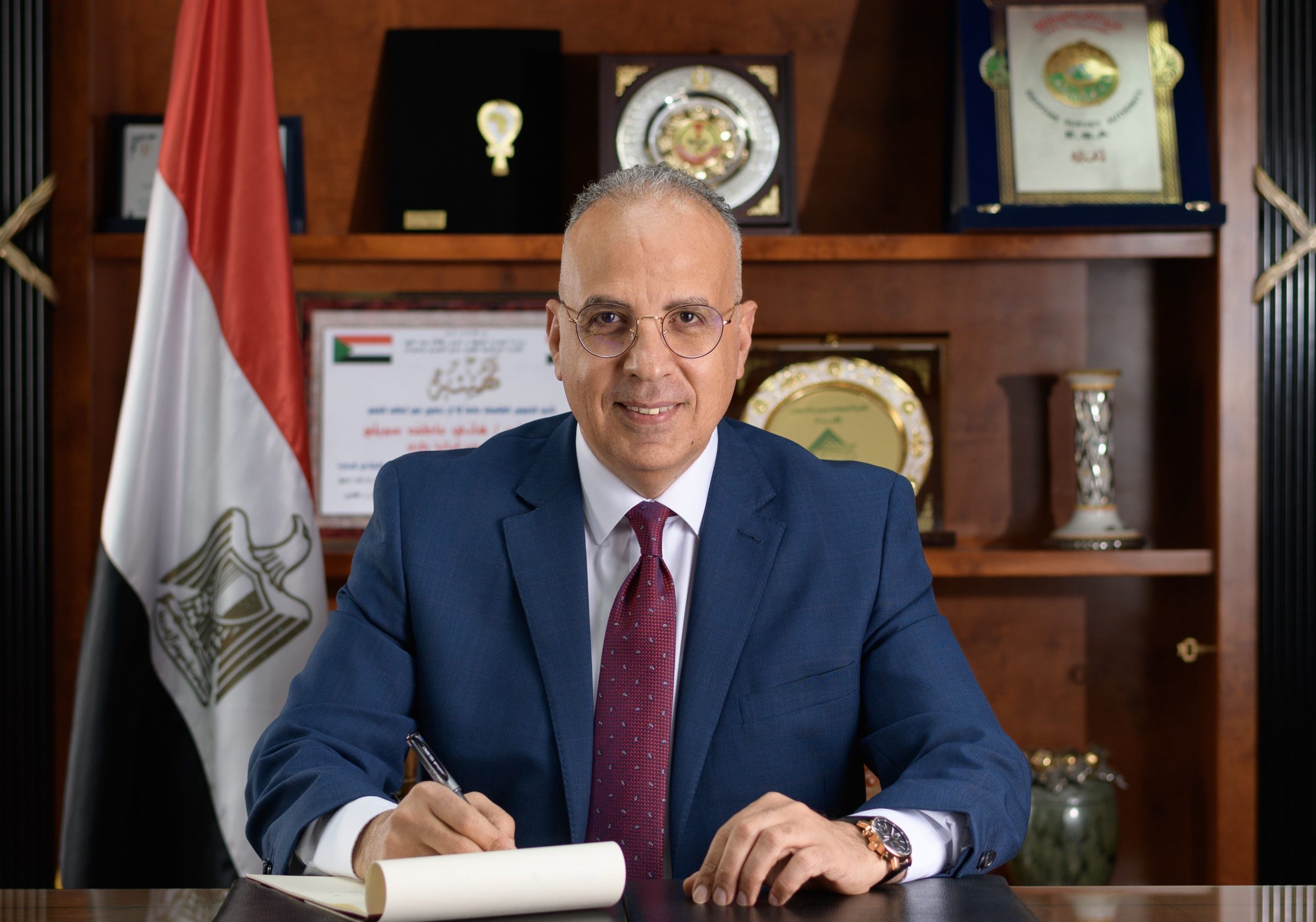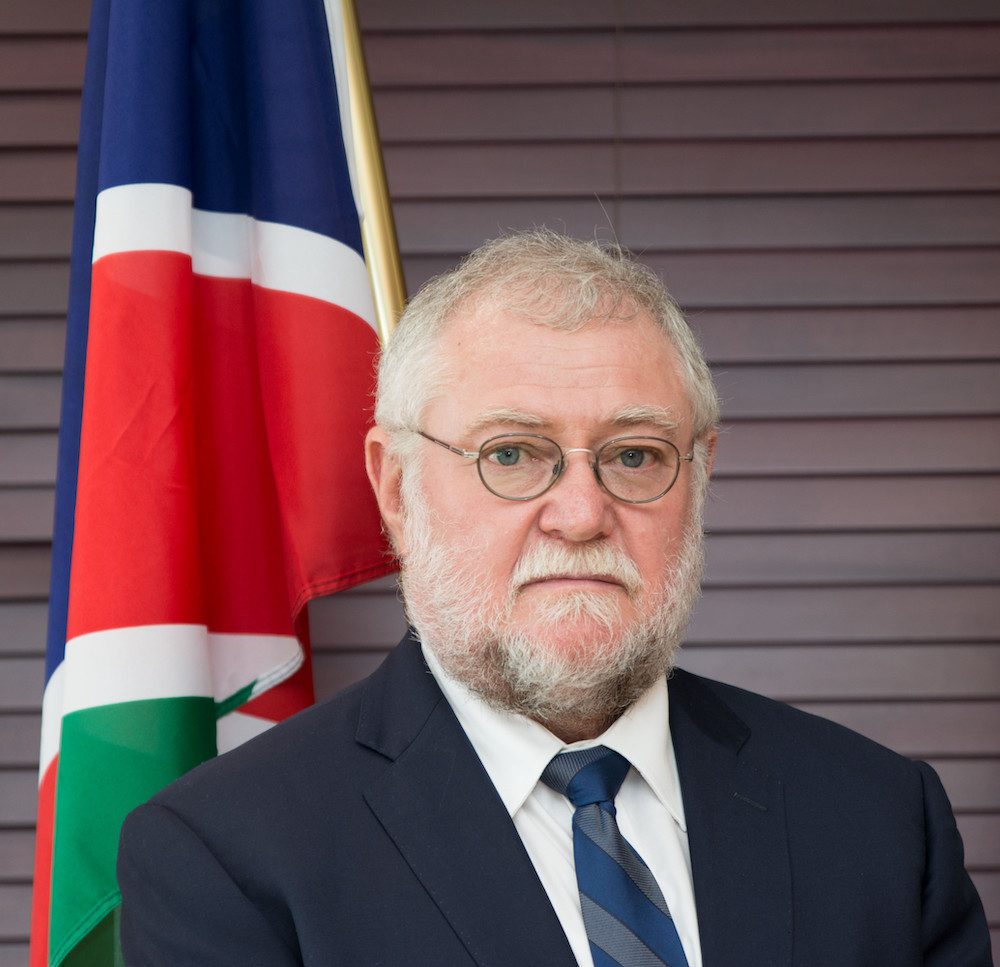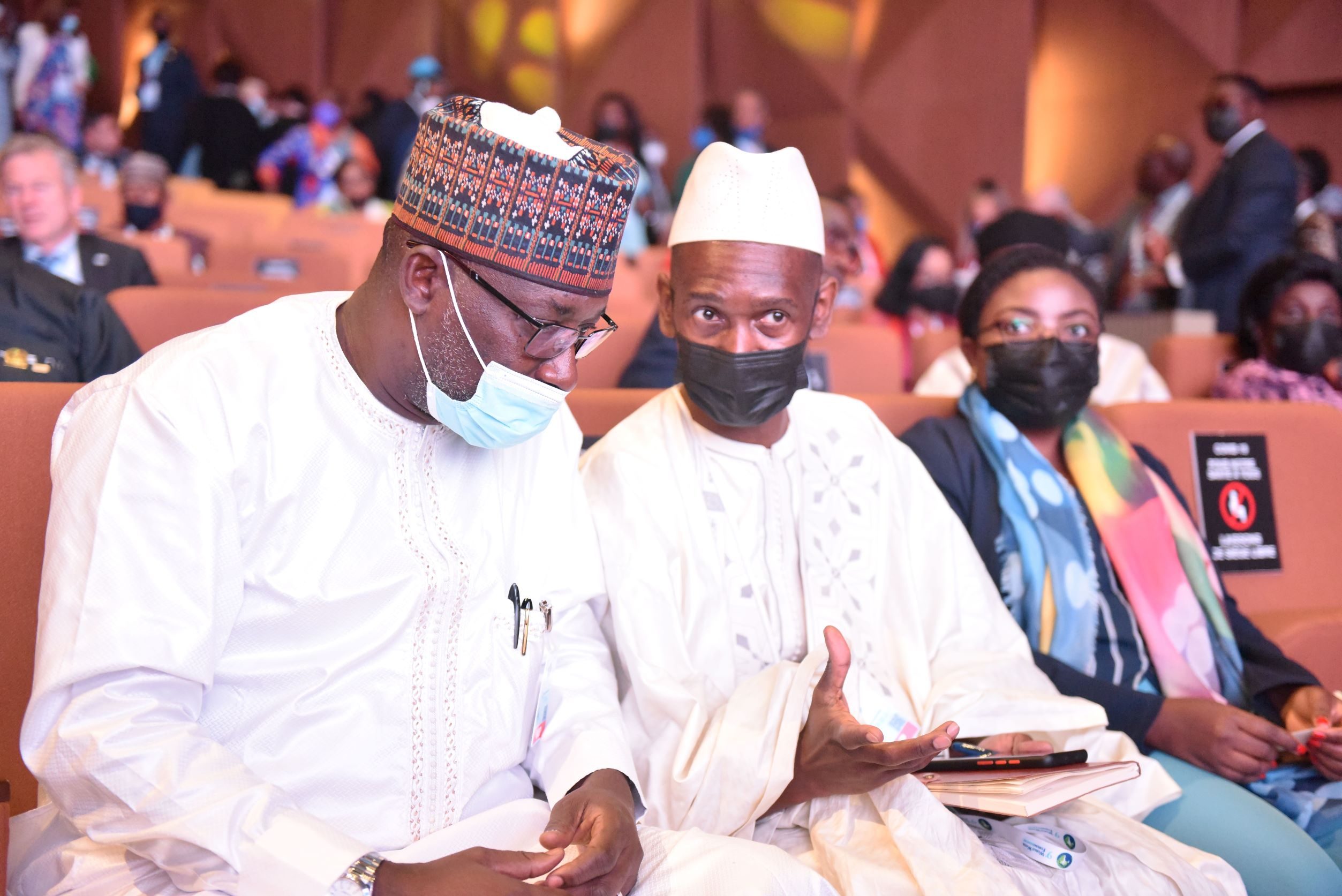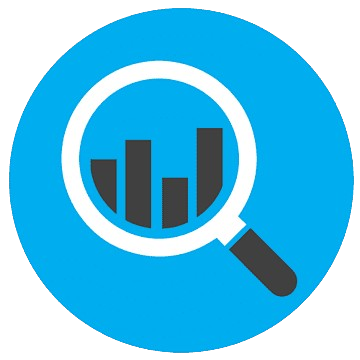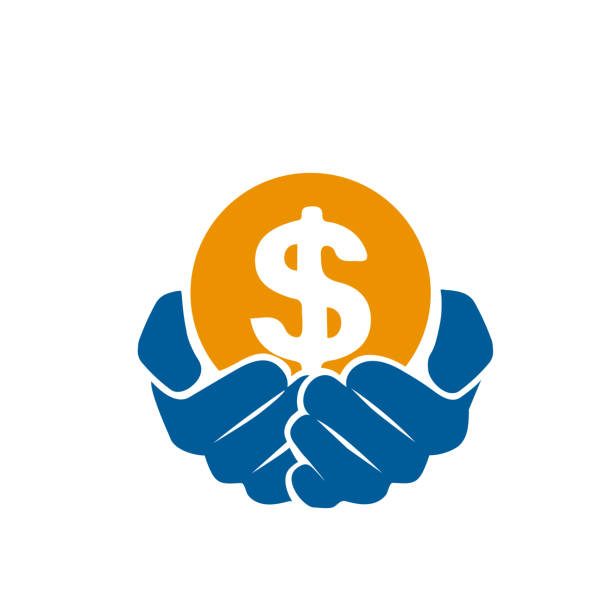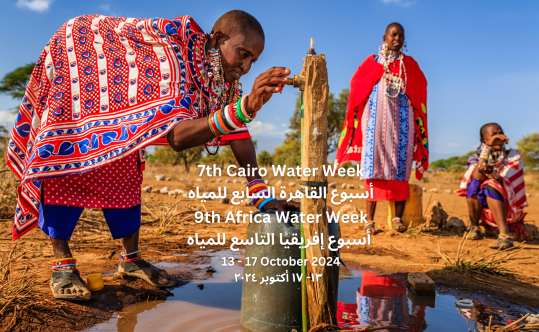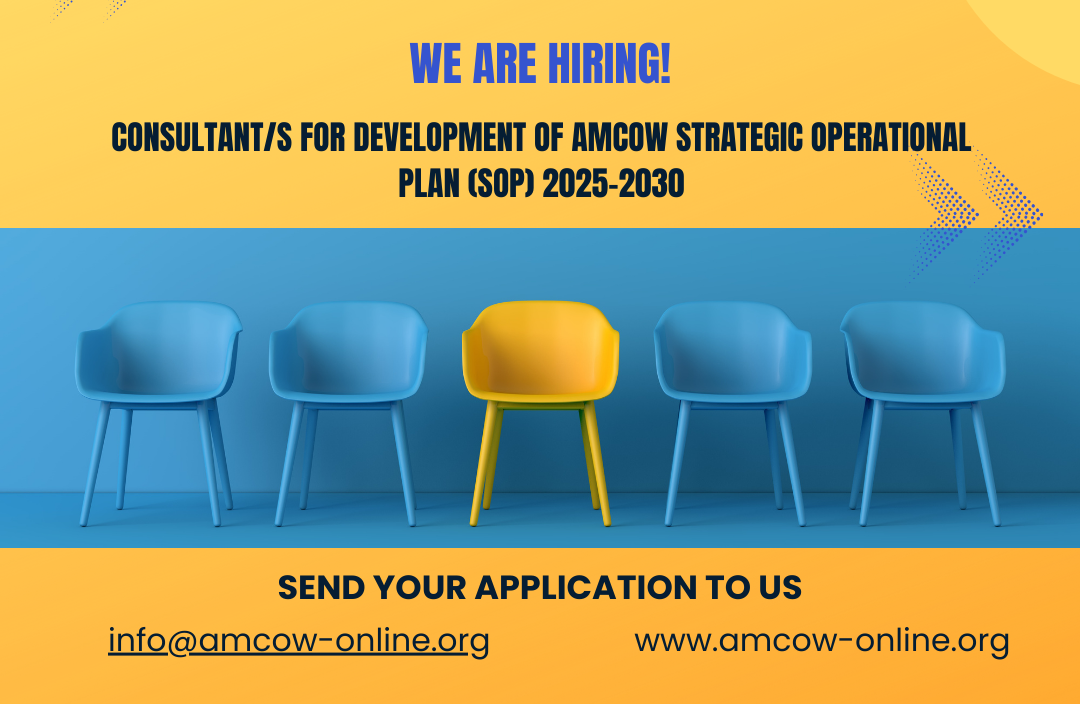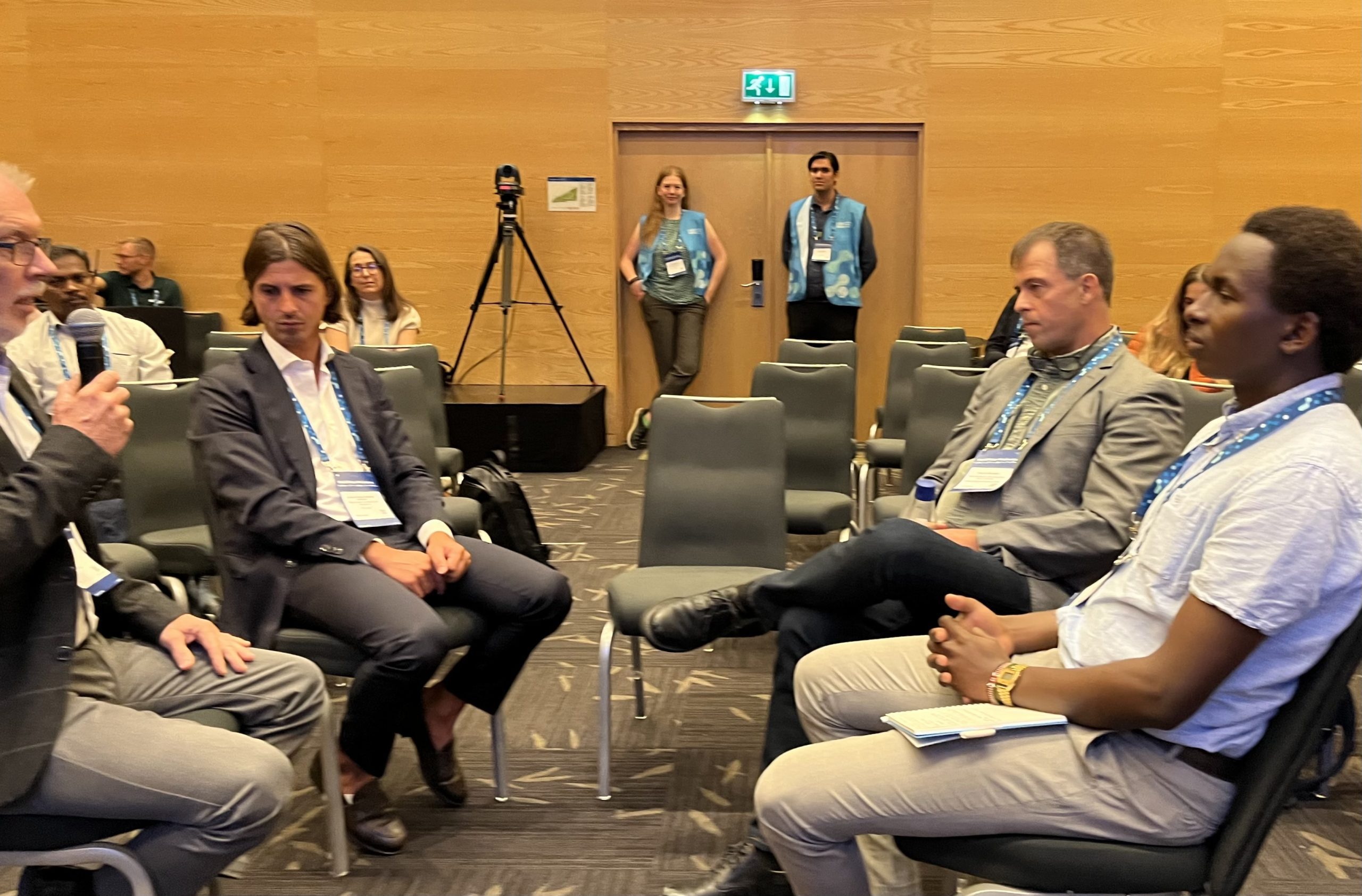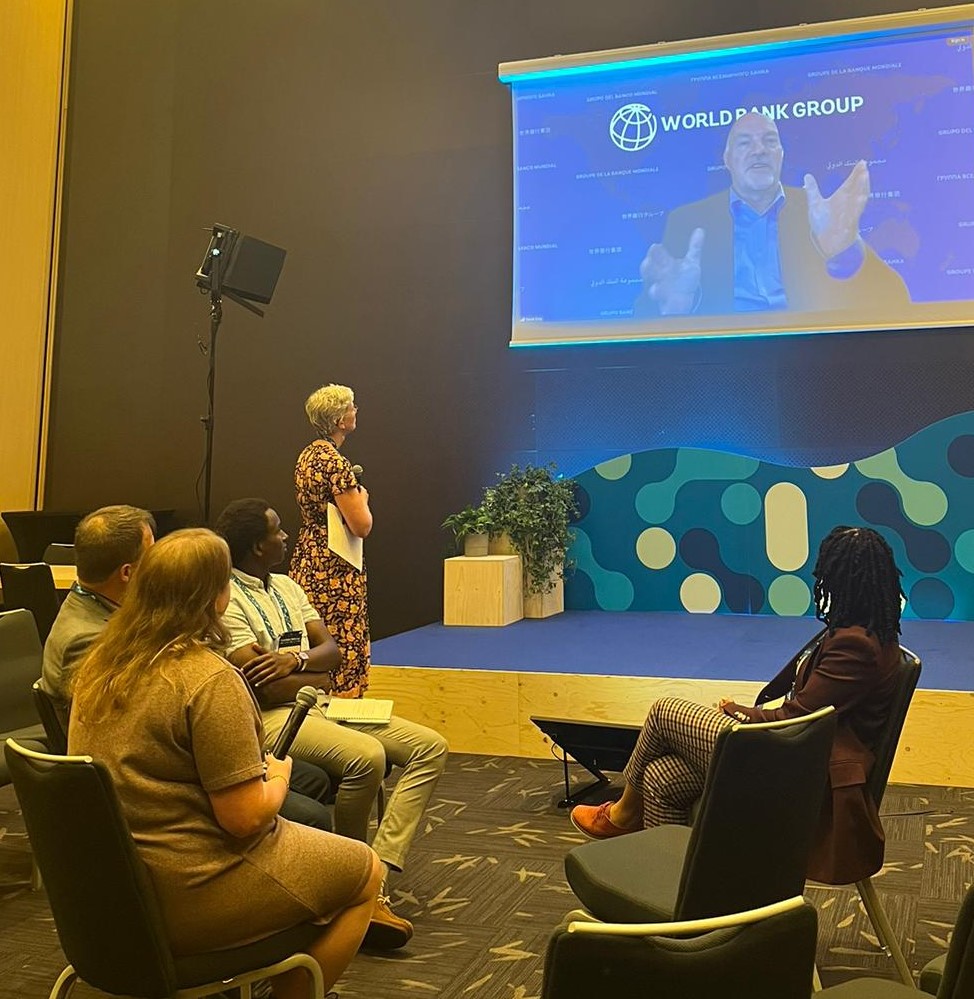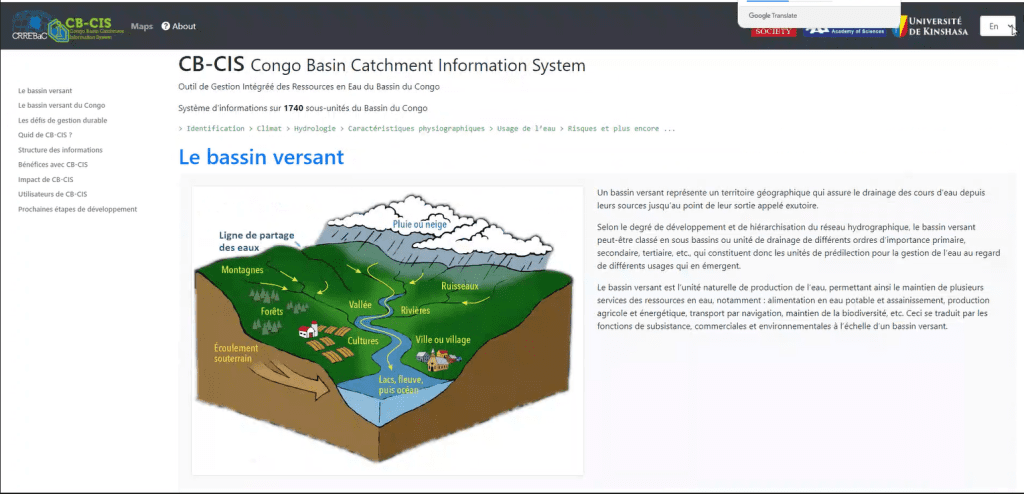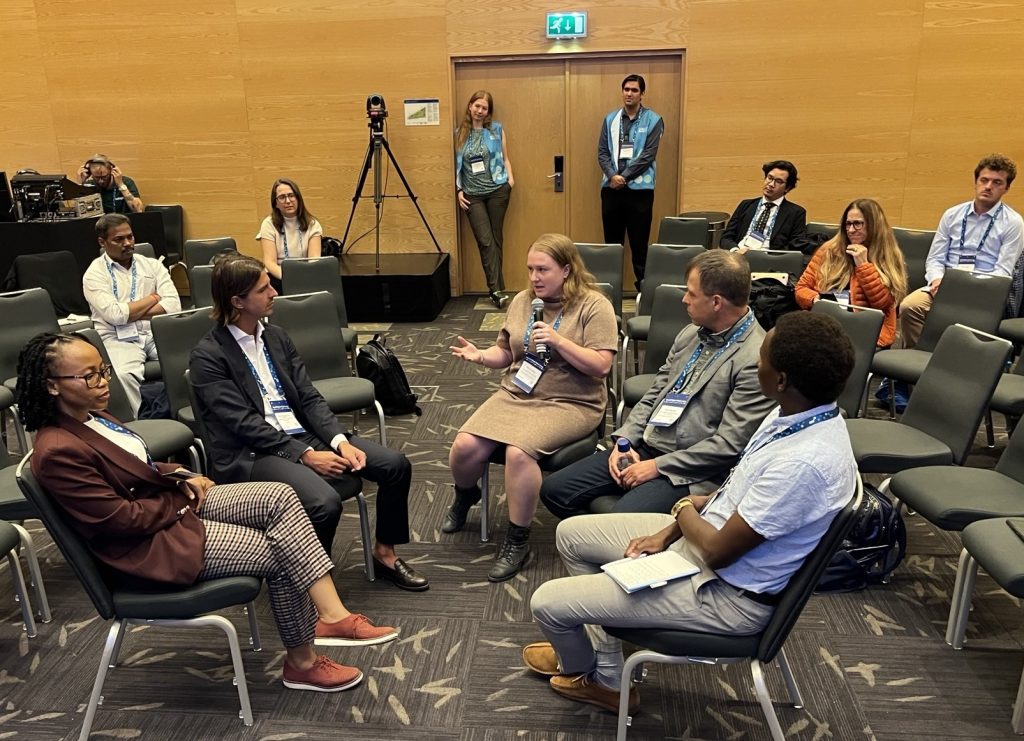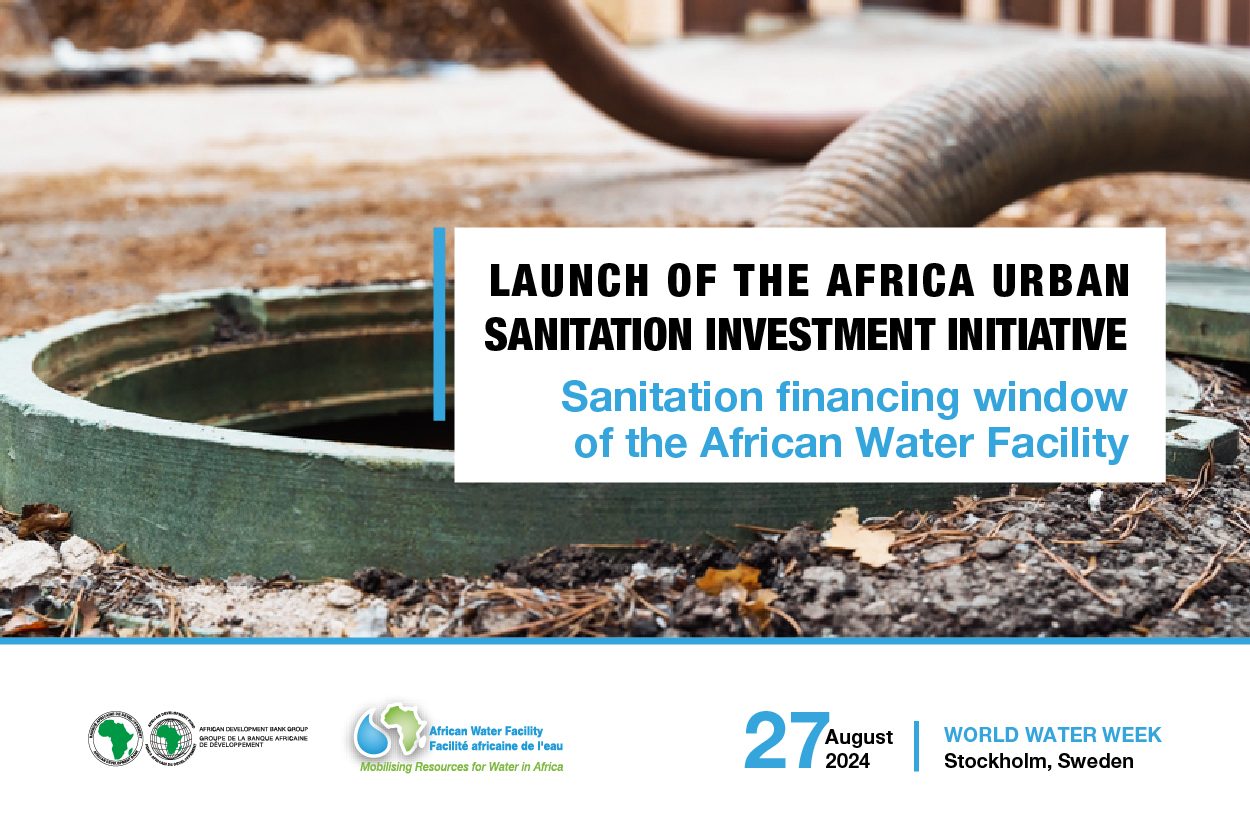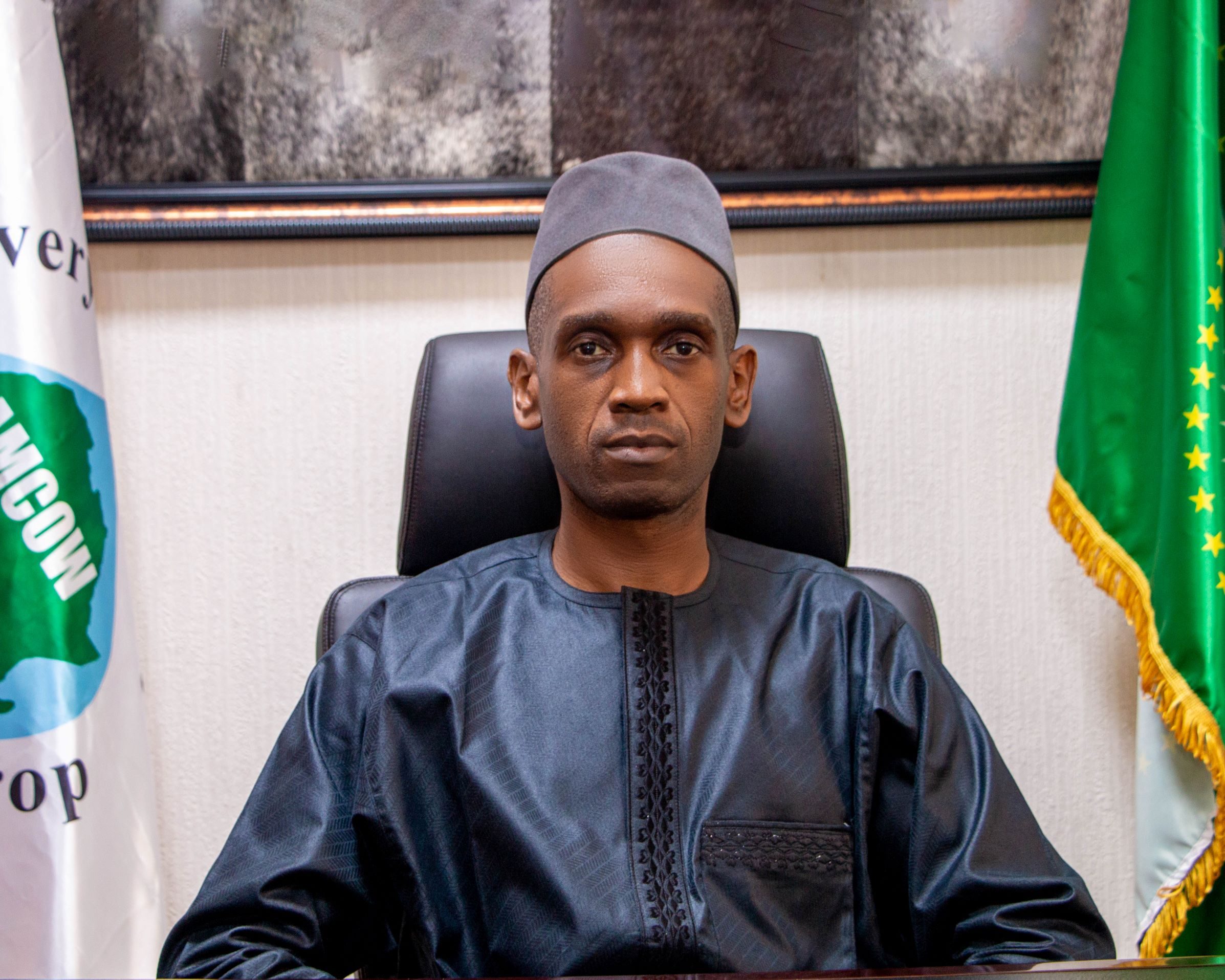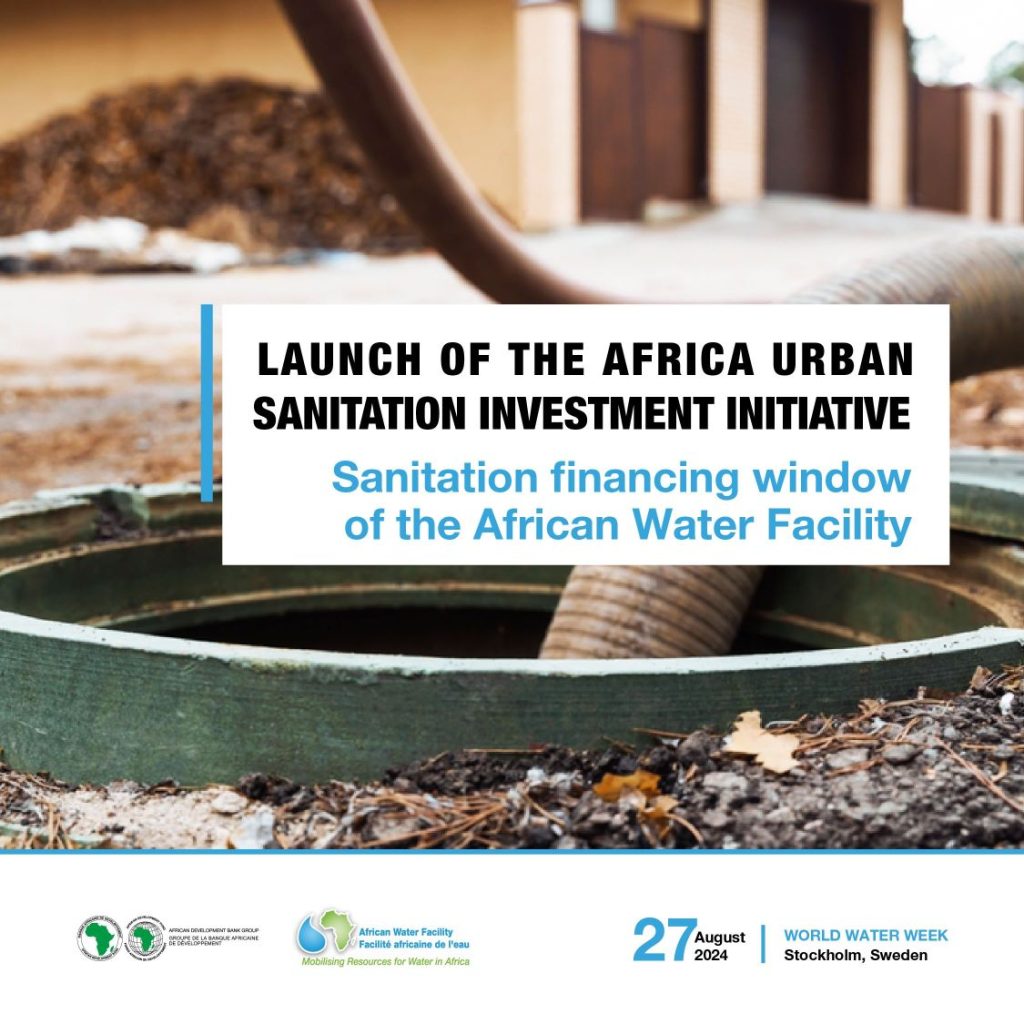Introductory Meeting with AMCOW Knowledge Management Focal Points
The African Ministers’ Council on Water (AMCOW) has organised an introductory meeting for its first batch of knowledge management (KM) focal persons from 13 member states. It is a significant step forward in its commitment to enhancing KM in the water and sanitation sector. This initiative aligns with the Africa Water and Sanitation Knowledge Management Challenge, launched by AMCOW during the Stockholm World Water Week 2021.
26 Focal Points (14 males, 12 females) attended the meeting, representing Egypt, Eswatini, Ethiopia, Gambia, Mali, Mozambique, Namibia, Nigeria, South Africa, South Sudan, Togo, Botswana, and Rwanda. These professionals bring diverse expertise in water supply engineering, general water research, groundwater research, hydrogeology, international relations, water resources development, urban sanitation, data management, geology, knowledge management, and more.
The introductory meeting aimed to welcome the KM Focal Points, familiarise them with the Africa Water and Sanitation KM Challenge and outline the upcoming activities. In his opening remarks, Dr Rashid Mbaziira, the Executive Secretary of AMCOW, represented by Patrice Leumeni, AMCOW’s Monitoring and Reporting Lead, emphasised the importance of the initiative. The Focal Points will undergo training in KM principles and practices and develop country-specific KM strategies. Their contributions will help create a continental Knowledge Agenda for Africa’s water and sanitation sector. They will also help to drive the broader awareness and use of the yearly Africa Water and Sanitation Sector Monitoring (WASSMO) Report produced by AMCOW. Dr Mbaziira also expressed his desire for the Focal Points to actively participate in AMCOW’s sub-regional consultations to deepen their understanding of AMCOW’s programmes.
The meeting featured presentations that provided an overview of AMCOW, the composition of activities within the Knowledge Management Challenge, and subsequent implementation plans. Additionally, the Focal Points were informed that they would also serve as drivers for gender and youth inclusion in their respective countries, where such initiatives may not yet be in place.
An exciting highlight of the meeting was the realisation that the Focal Points would play a vital role in fostering robust south-south collaboration, knowledge creation, and exchange among AMCOW member state through the outlined initiatives. AMCOW Secretariat, in cooperation with its partners, will continue to cultivate and strengthen this initiative while also mobilising the participation of other member states to achieve the target nomination of 110 focal points (two from each country, one male and one female). The Knowledge Management Challenge was launched by the Honourable Minister of Agriculture, Water and Land Reform, Republic of Namibia and AMCOW President 2020-2022, H E Carl Hermann Schlettwein. Water This introductory meeting marks a significant milestone in AMCOW’s ongoing commitment to improving African water and sanitation practices through enhanced knowledge management. The dedication and expertise of the Focal Points will play a crucial role in achieving the goals of the Africa Water and Sanitation KM Challenge, contributing to sustainable development across the continent.
